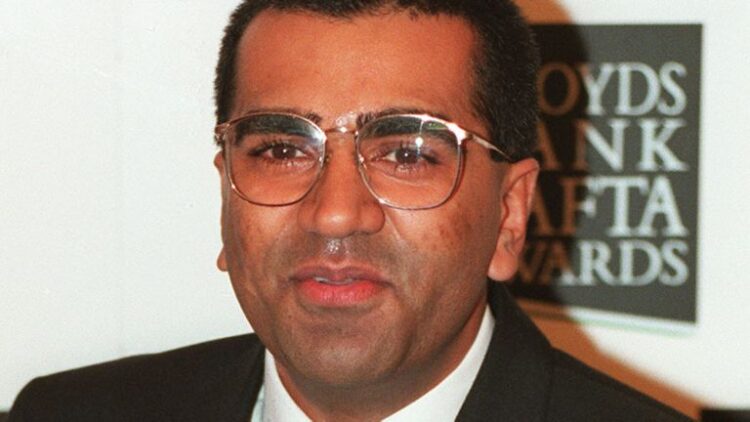By Victoria Mckeown-
The BBC must pay serious damages following the conclusion by Lord Dyson that Martin Bashir used mocked up bank statements to lure Princess Diana to agree to a 1995 interview in which she made damaging claims about the royal family.
The damages could run into hundreds of thousands of pounds, or even more, given the seriousness of the revelation that A BBC journalist acted inappropriately in breaching BBC editorial guidelines when he deceitfully got the late Princess Diana to give an interview in 1995, after gaining the trust of her brother, Earl Spencer.
The BBC has been contacted by the Eye Of Media.Com to find out what plans it has with respect to compensation for whistle blowers at the time, and even to Earl Spencer, who has been badly affected by the failure of top bosses to oppose the fraudulent actions of Martin Bashir at the time.
Its relative fast response to media inquiries has not been forthcoming at all this time. This is a difficult time for the corporation, and it has difficult questions to answer after Martin Bashir somewhat brought its reputation to disrepute.
The false information used to trick the late princess, who also at the time was considered the most beautiful woman on earth, may even have contributed to her death, according to a source. Nerves, fear and paranoia could easily have played a role to
A six-month inquiry conducted by former judge Lord Dyson revealed that Mr Bashir mocked up bank statements that were shown to Princess Diana’s brother, Earl Spencer, in order to win the trust of the royal.
The independent report also condemned senior BBC executives who worked at the corporation at the time for covering up the facts. Prince William expressed sadness and disappointment that BBC bosses at the time looked the other way.
The published report seriously damaged the integrity and credibility of the broadcasting corporation, which is one of the most established and otherwise reputable broadcasting corporations in the UK.
One of the most concerning revelations that came to light as a result of the inquiry is the claim that BBC personnel covered up Mr Bashir’s highly dishonourable act, and many of those who covered him up were promoted at the expense of whistle blowers who were axed.
Among the notes given to the judge by Princess Diana’s brother, Earl Spencer, was conversation between Mr Bashir and Princess Diana prior to the famous interview.
It included a list of allegations made by Mr Bashir that Princess Diana’s phones had been bugged and that she was being followed.
The retired judge has concluded that Bashir breached editorial guidelines in mocking up bank statements shown to Earl Spencer, and allegedly used to win over his trust and gain access to his sister.
Over the weekend , Julian Knight, the chairman of the Commons culture and media committee, said he had written to the director general, Tim Davie, asking for a response to questions prior to a private meeting next week.
Speaking to the BBC Radio 4 Today programme on Saturday, Knight said he wanted to know why Bashir, who left the BBC in 1999, was rehired in 2016 as religion editor.
“I have asked him what were the processes that were put in place around the rehiring of Martin Bashir,” he said. “We do have some grave concerns. Despite the fact the investigation was considered woeful, they still found he had lied three times and also he had had to resign from a mediocre American network, so why was he considered good enough for the BBC? I have to say there are a lot of questions.”
Asked if Bashir was rehired to “keep him quiet,” Knight said there were suspicions about that and he wanted “transparency and answers” from the BBC.
He has also urged Davie to meet the graphic designer, Matt Wiessler, who said he was sidelined after disclosing he had been commissioned by Bashir to produce fake documents.
“I think they need to get on the phone to him,” Knight told the Today. “He is clearly very emotional as he feels that this has probably impaired his life to a certain degree, which is often the experience of whistleblowers who aren’t listened to.
“I think the BBC needs to have a real open mind in terms of the possibility of compensation but also how it interacts with people like Wiessler, who clearly has faced quite profound consequences due to this fiasco.”
The BBC’s former chief operating officer Caroline Thomson, said it was crucial that the BBC acted quickly to restore trust.
She said whistleblowers in the Diana case should be “dealt with properly and compensated if necessary, properly apologised to”, and called for a series of measures to regain trust “among BBC journalists and staff as well as among the public”.

